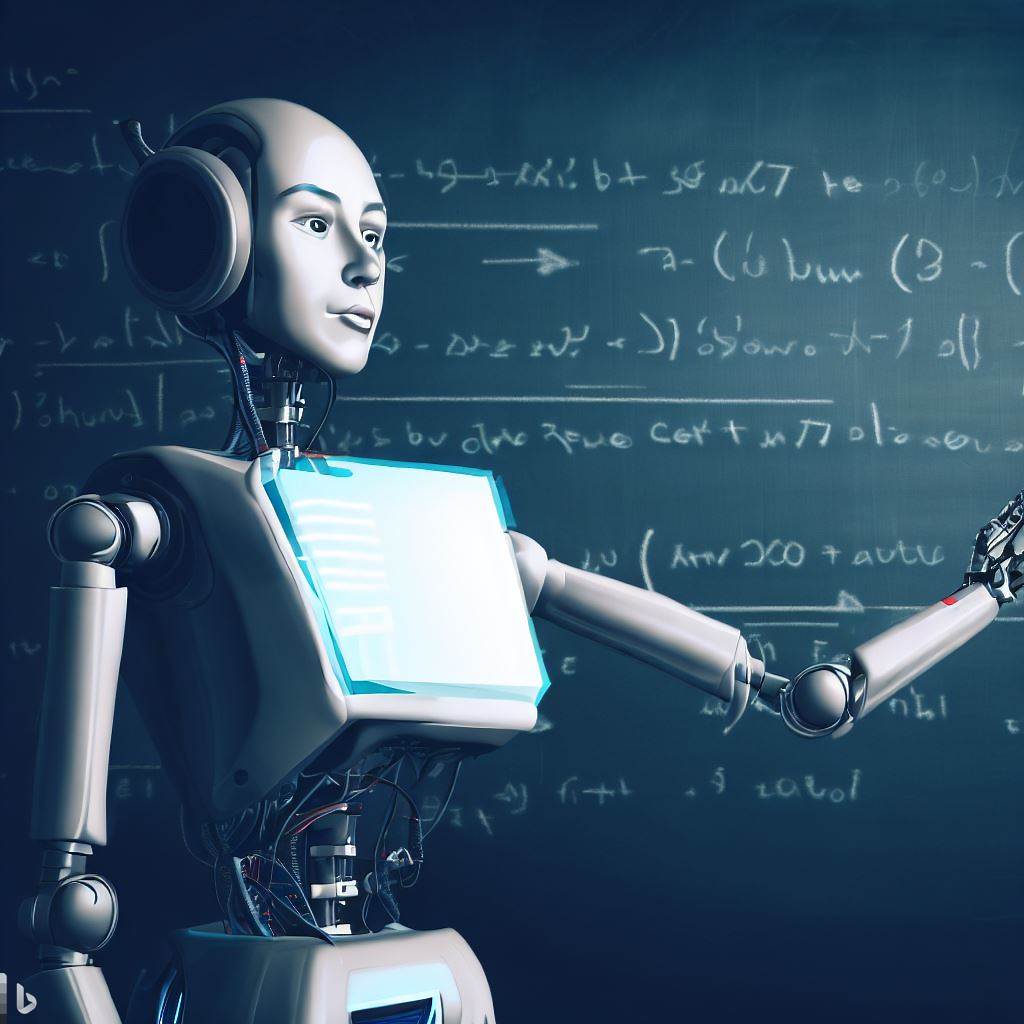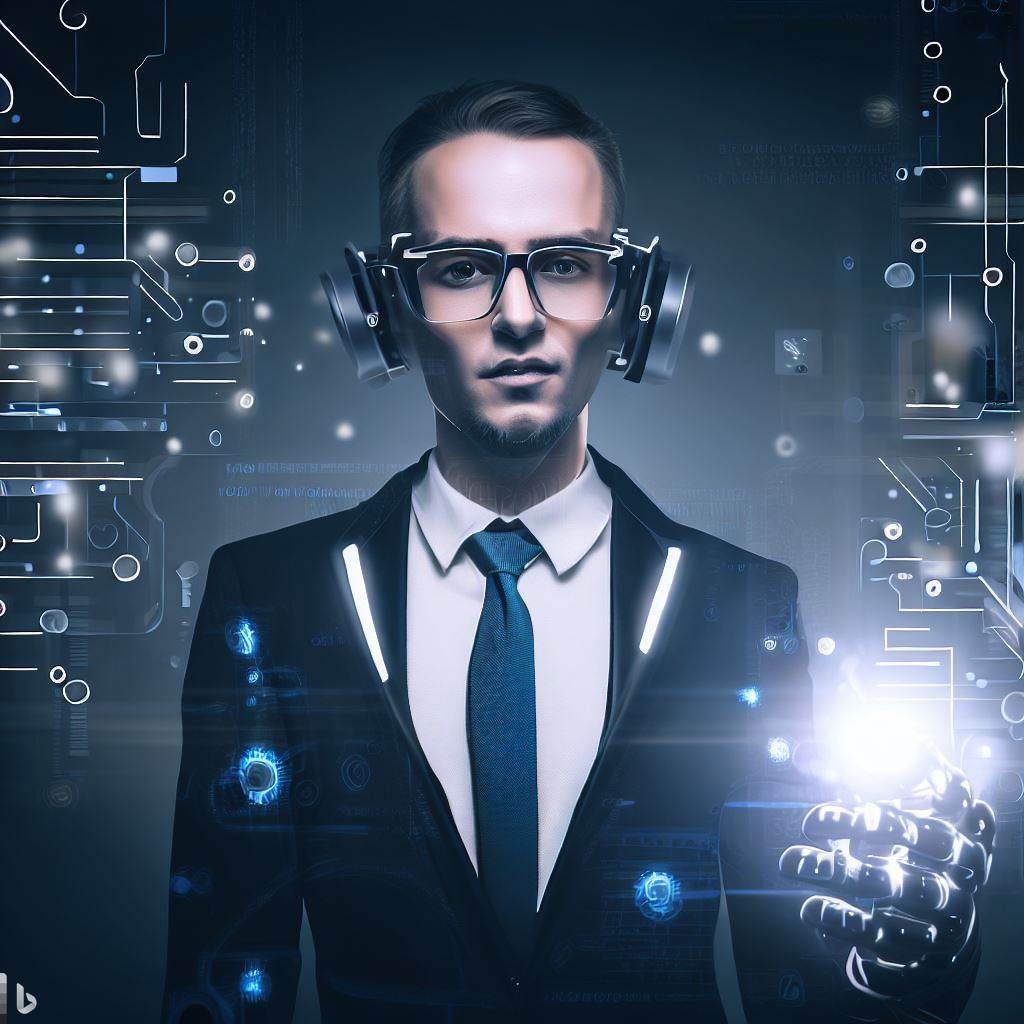In the ever-evolving landscape of education, there is a transformative force on the horizon that holds immense promise: the collaboration between teachers and artificial intelligence. As technology continues to reshape various industries, it is also making its way into classrooms, forging a powerful alliance that has the potential to revolutionize education. This synergy between human educators and AI brings forth a range of opportunities to enhance teaching methodologies, personalize learning experiences, and prepare students for the challenges of the future.
Unleashing the Power of Data
One of the key strengths of AI lies in its ability to process vast amounts of data and derive meaningful insights. Teachers can tap into this potential by utilizing AI-powered analytics tools to gather valuable information about their student’s progress, learning patterns, and areas of strength or weakness. This data-driven approach empowers educators to make informed decisions when tailoring their instructional strategies, ensuring that each student receives personalized attention and support. By identifying individual learning styles and adapting teaching methods accordingly, teachers can optimize the learning experience for every student, leading to improved outcomes and greater engagement.
Enhancing Pedagogical Practices
Teachers are the heart and soul of education, and their expertise cannot be replaced by AI. However, AI can act as a valuable assistant, augmenting their pedagogical practices and expanding their reach. Intelligent tutoring systems, powered by AI algorithms, provide students with interactive and adaptive learning experiences. These systems can assess student performance, identify areas of difficulty, and offer targeted guidance and practice exercises. By automating certain aspects of the learning process, teachers can focus more on providing personalized instruction, mentoring, and fostering critical thinking skills.
Empowering Students as Active Learners
AI-powered technologies have the potential to empower students as active participants in their learning journeys. Virtual reality (VR) and augmented reality (AR) applications, for instance, can create immersive educational experiences that transport students to different periods, geographic locations, or scientific phenomena. This hands-on approach not only captures students’ attention but also stimulates their curiosity and creativity. Through AI-driven adaptive learning platforms, students can explore subjects at their own pace, receiving personalized recommendations and feedback. This cultivates a sense of ownership and autonomy, fostering a love for learning that extends beyond the confines of the traditional classroom.
Cultivating Critical Skills for the Future
In an era of rapid technological advancement, the demand for critical thinking, problem-solving, and collaboration skills has never been greater. Teachers, supported by AI tools, can help students develop these vital competencies. AI-powered simulations and gamified learning experiences enable students to tackle complex problems in a risk-free environment, fostering creativity and analytical thinking. By encouraging collaboration through online platforms and discussion forums, teachers can facilitate the development of communication and teamwork skills. The integration of AI in education equips students with the necessary skill set to thrive in a technology-driven society.
Addressing Ethical and Social Considerations
As we embrace the potential of AI in education, it is essential to address ethical and social considerations. Teachers play a crucial role in guiding students on responsible AI usage, including issues related to privacy, bias, and the ethical implications of AI algorithms. By instilling a sense of digital citizenship, educators can ensure that students understand the ethical dimensions of AI and harness its power for the greater good.
Summary
The partnership between teachers and AI holds immense promise for revolutionizing education. By leveraging the power of data, enhancing pedagogical practices, empowering students as active learners, and cultivating critical skills for the future, this collaboration has the potential to create a more personalized, engaging, and effective learning environment. While AI can never replace the invaluable role of teachers, it can act as a powerful ally, augmenting their abilities and reshaping the educational landscape for generations to come. Together, teachers and AI will shape a future where education is truly transformative, empowering students to thrive in an ever-changing world.



